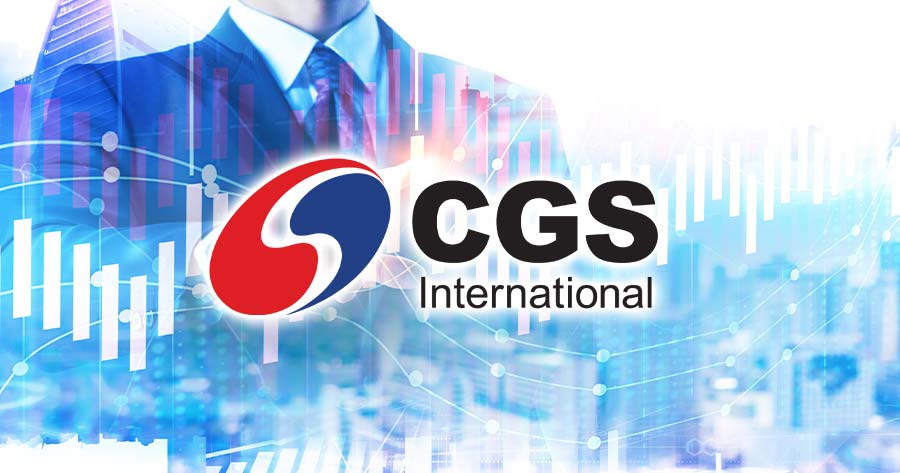CGS International Securities (Thailand) (CGSI) projects that leading Thai retailers will report muted same store sales growth (SSSG) for September 2025, reflecting softer seasonal factors, a high base effect from last year, and ongoing consumer caution.
In its latest analysis, the brokerage firm highlights a slowdown in September SSSG compared to August, citing a shorter holiday period—eight days this year compared to nine last year. August had benefited from a relatively long holiday stretch of 12 days, up from 10 days a year earlier. Sales on holidays typically outpace regular days by 10–20%, leading to a softer monthly revenue run rate for September.
The final week of September also faced a high comparison base due to last year’s government digital wallet payments, which had spurred non-food sales at hypermarkets and lifestyle shops. Stripping out these one-off effects, CGSI expects SSSG for 3Q25 to be flat, illustrating subdued purchasing power across the sector.
For the third quarter, the analyst anticipates negative SSSG for most major retailers, with the exception of Moshi Moshi Retail Corporation (SET: MOSHI), forecast to grow 5.3%, MegaHome up 0.8%, and Makro gaining 0.2%. Lotus’s is expected to achieve a modest SSSG increase of 0.2%, buoyed by its operations in Malaysia. This is despite a 2.5% decline in Thailand, particularly among home improvement retailers facing weakened demand for building materials.
MegaHome’s slight expansion is attributed to new hybrid branches operating jointly with HomePro. CGSI notes that this reflects generally soft demand for both discretionary and construction-related goods, with some growth arising from non-recurring accounting factors.
Looking into Q4, CGSI forecasts retail sales volatility amid the government’s ‘Half-Half’ co-payment scheme, scheduled for November to December. If large modern trade chains opt out as before, consumers are likely to shift spending to small local stores, potentially undermining sales at major formats, particularly CP All (SET: CPALL), which relies heavily on daily essentials, followed by supermarkets and hypermarkets.
Conversely, CP Axtra (SET: CPAXT) may stand to benefit, as 22% of Makro’s sales in the first half of the year came from local stores, offsetting the softness at Lotus’s.
Meanwhile, Big C may not see enough improvement to counter weak performances at Mini Big C and supermarkets despite gains from its franchise ‘Don Jai’ (2% of total sales). This leaves CPAXT as a relative outperformer heading into the year-end.
Additionally, CGSI also sees indirect benefits for discretionary retailers like MOSHI, as consumers may use leftover subsidy funds to buy small-ticket personal and decorative items from modern stores. Home improvement retailers, however, are unlikely to benefit due to higher average transaction values and limited short-term catalysts.
Despite possible pockets of strength for MOSHI and CPAXT, CGSI maintains a ‘Neutral’ stance on the retail sector overall, pointing to persistent structural headwinds, sluggish domestic consumption, only marginal state stimulus impact, lofty stock valuations, and earnings risks.
Upside could emerge if leading retailers join the upcoming stimulus scheme or if interest rate cuts materialize sooner than expected. Meanwhile, downside risks include continued weak consumption and potential baht appreciation, which could impede a recovery in tourism.





